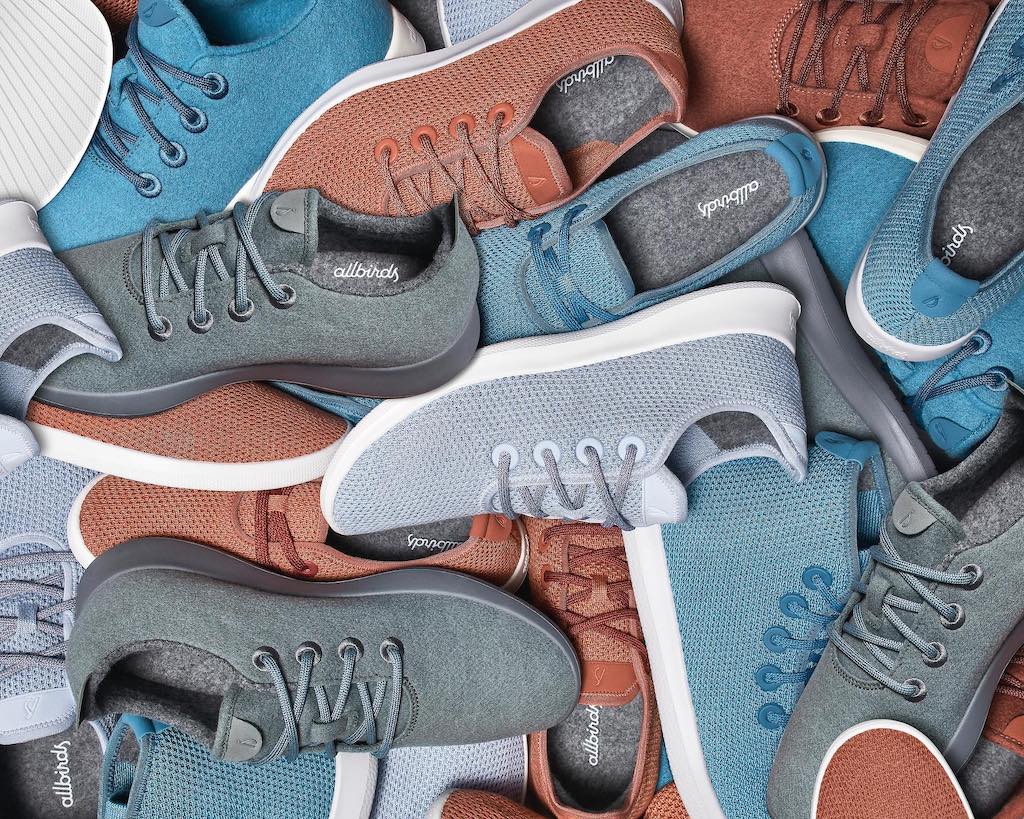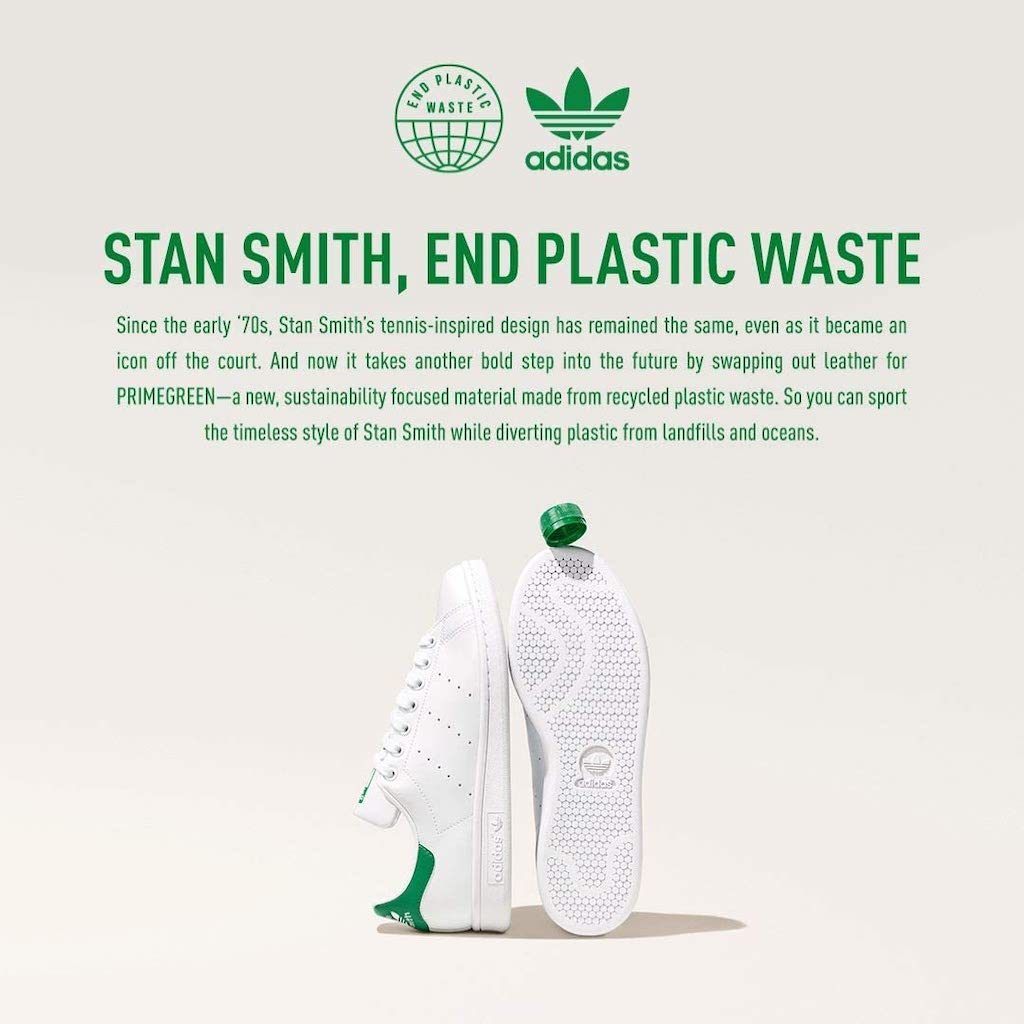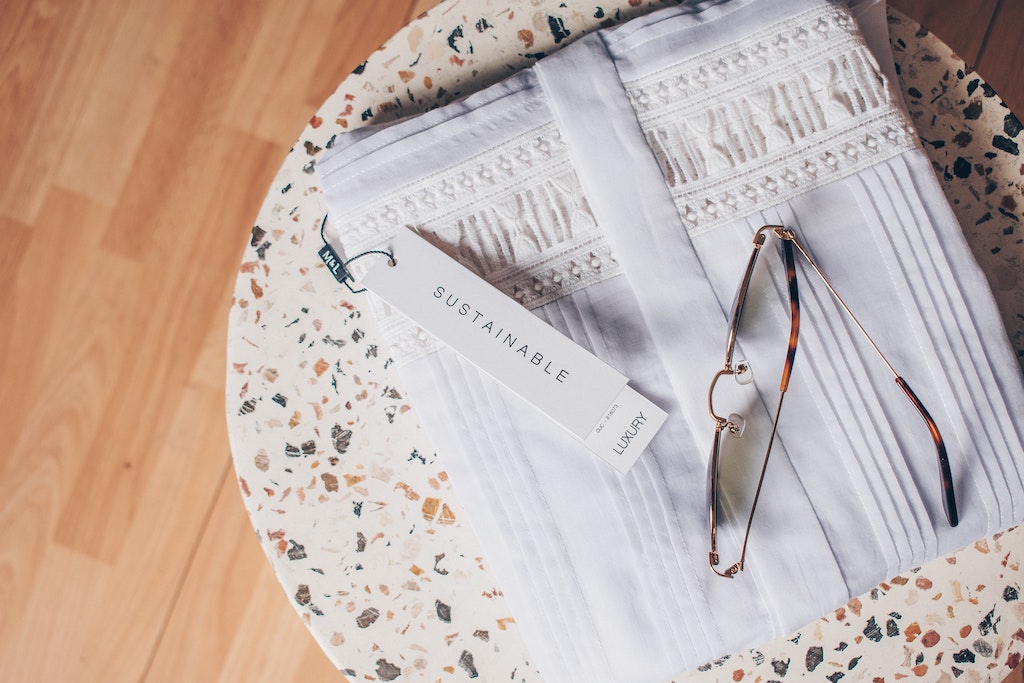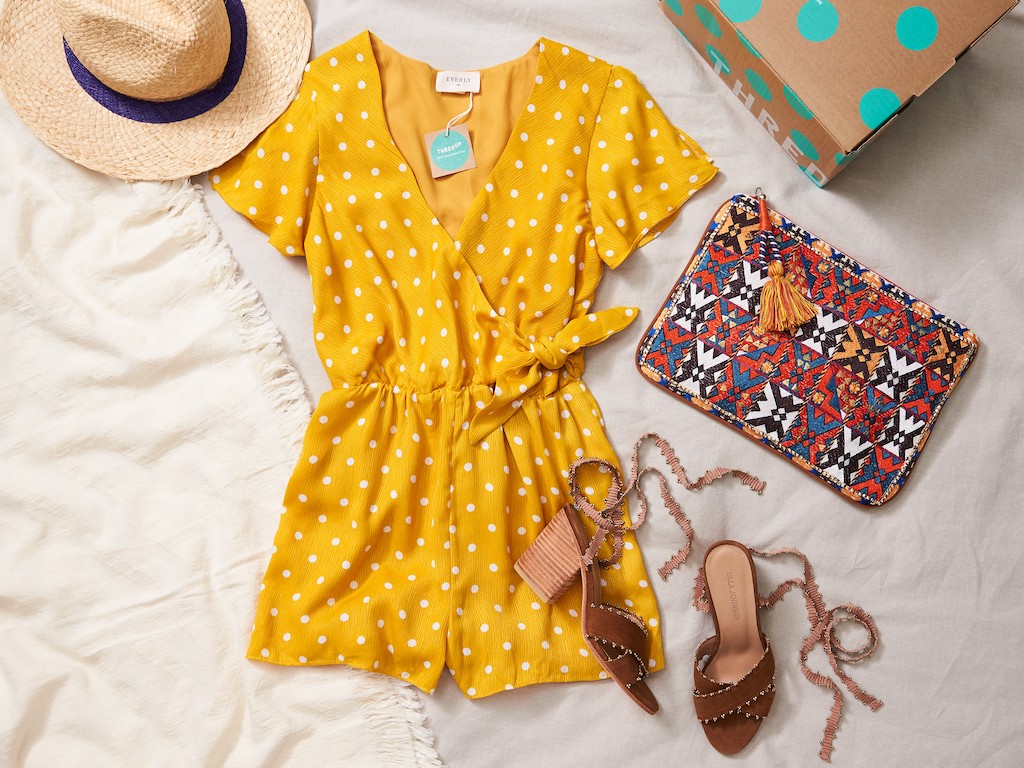6 Mins Read
Sustainability has become the ultimate buzzword taking over the fashion industry, but as consumers get more savvy in navigating brands’ claims, it looks like the greenwashing will have to stop. And it’s not just affecting the most obvious culprits, namely fast fashion, but labels that tout themselves as eco-friendly as part of their core branding.
In short, the industry is being put on notice. Here are five signs showcasing how the pushback against fashion greenwashing is gaining real momentum and why brands will no longer be able to ditch their responsibilities.

1. Sustainable shoe pioneer Allbirds gets blasted for wool
Allbirds, the label that made a name for itself as the leading eco-friendly sneaker, is coming under fire for its use of wool. Earlier this year, a new class-action lawsuit was filed against the brand for misleading consumers about the sustainability and animal welfare claims it has made about its running shoe that contains merino wool sourced from ZQ Merino.
In the lawsuit, PETA blasts the company for advertising that sheep from its suppliers “live the good life”, when in reality, the organisation says the animals are being held in conditions where “workers beat, stomped on, cut open the skin of, and slit the throats of conscious, struggling sheep.” PETA additionally noted that Allbirds, which famously carbon labels all its sneakers, has failed to correctly calculate the environmental impact of wool, with the Higg Index showing that carbon dioxide emissions alone only account for around half of the impact of wool production and does not take into account other impacts such as land use and water pollution.

2. French advertising watchdog finds Adidas guilty of greenwashing
Adidas, which has ramped up attempts to clean up its image as a sportswear giant, has been found guilty by the French Advertising Ethics Jury, the national regulator of advertising. The specifics of the case involve Adidas’ claim that its famous Stan Smith sneaker is made from at least 50% recycled materials in one commercial. According to the Jury, the ad misleads consumers because it doesn’t make clear “the total proportion of the shoe that is recycled, and what constitutes the most relevant data with regard to the claim used (‘50% recycled’).”
While the case is in relation to one single ad, it’s a bold statement that the regulators are making. By slapping the wrist of the German sportswear giant, France’s authorities are saying that brands need to be far more careful about how they communicate their sustainability efforts, and provide the right and factual information to shoppers instead of making sweeping statements like “End Plastic Waste,” in the case of Adidas.
3. UK regulators step up warnings about fashion greenwashing
It isn’t just French authorities taking action, with regulators in the UK also taking similar steps to warn businesses about using the sustainable buzzword. Last month, the Competition and Markets Authority released its Green Claims Code, which outlines rules that brands must follow when it comes to making truthful statements about the eco-friendliness of their products.

Fashion labels and other companies now must only make accurate, clear, unambiguous statements, and must not omit or hide details that may or may not affect purchasing decisions. They have to consider the full lifecycle of their products, and substantiate their claims with evidence, as well as make comparisons to other items that are “fair” and “meaningful”. If they don’t, companies are likely to face financial penalties.
And since fashion is one of the biggest culprits of greenwashing, it’s likely that the new rules are going to make brands rethink their marketing plans big time. One recent analysis found nearly 60% of major brands’ claims are in violation of Competition and Markets Authority rules.
4. Patron saint of the young activist generation, Greta Thunberg, says ‘ethical fast fashion’ is off the cards
Greta Thunberg, the face of the young eco-activist Gen Z population, is making it loud and clear that ethical and environmental fast fashion simply cannot coexist. Making her comments on famed fashion magazine Vogue Scandinavia, Thunberg, who last purchased a fashion item (which was secondhand, by the way) three years ago, said large-scale fashion production is in direct contradiction with sustainable consumption.

In her Instagram post about her interview, the teenage climate activist wrote: “Many are making it look as if the fashion industry are starting to take responsibility, by spending fantasy amounts on campaigns where they portray themselves as ”sustainable”, ”ethical”, ”green”, ”climate neutral” and ”fair”. But let’s be clear: This is almost never anything but pure greenwashing.”
“You cannot mass produce fashion or consume ”sustainably” as the world is shaped today. That is one of the many reasons why we will need a system change,” she added. We couldn’t agree more.
5. Shoppers are waking up to the fact that buying anything leaves an impact
When the sustainability trend first took off, many shoppers were looking for more eco-conscious labels or opting for natural or recycled materials. But now, we’re all realising—perhaps far later than we should have—that purchasing anything, no matter how “sustainably” it’s been produced, leaves behind an impact on the planet. The reality is, the fashion industry churns out a whopping 100 billion new garments every single year. Even if a piece of clothing is made from organically grown cotton or natural vegan leather, it adds to new, unnecessary production.

Consumers are now trying to keep existing items in circulation, opting for secondhand on resale platforms instead, or clothes swapping and rental. In the US alone, the secondhand clothing retail market is set to balloon to a $77 billion industry by 2026.
But sometimes, a new purchase might just be unavoidable—and shoppers are getting better at navigating the green claims landscape, which means that brands are going to face a sharper microscope when it comes to suggesting that a single material is an overnight fixer of their polluting operations.
As sustainable materials expert Dr. Ashley Holding explained in this interview: “If you absolutely must buy something new, items with recycled and bio-based materials generally tend to have a lower carbon footprint…Each of these comes with trade-offs in other impact categories, however. Transparency around the source of the materials and their production is also important, as the environmental footprint of manufacturers’ operations will differ.”
Lead image courtesy of Allbirds.




